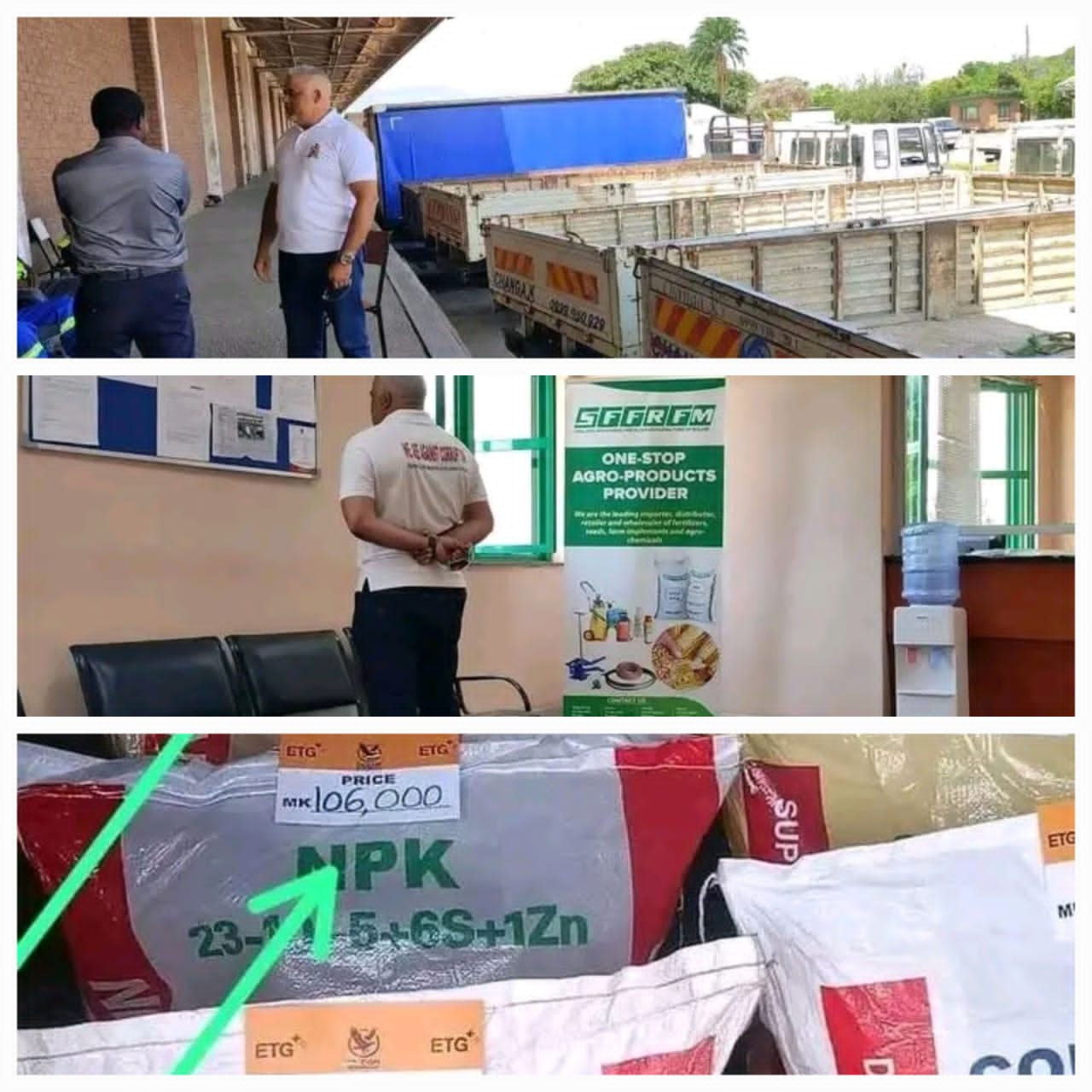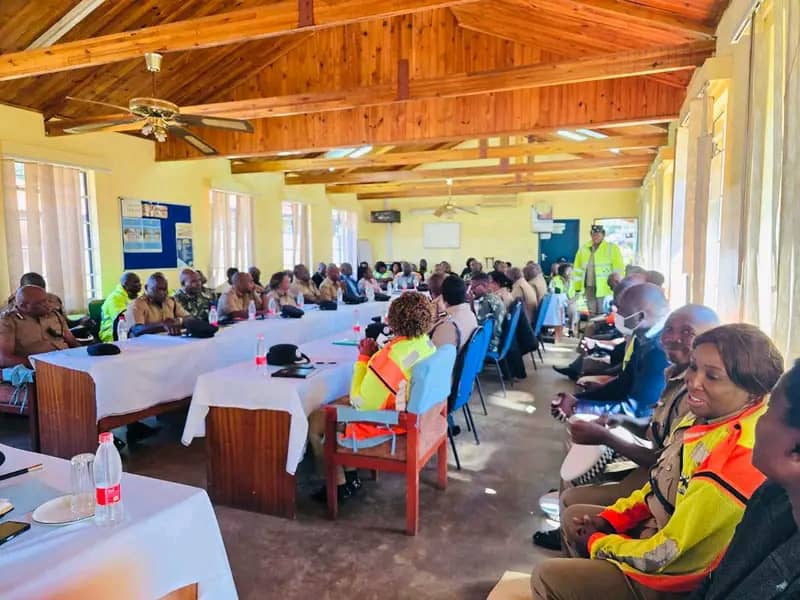By Burnett Munthali
Leader of Opposition in Parliament, George Chaponda, has expressed surprise over a parliamentary decision to hold a vote on whether to suspend proceedings following the controversial actions of Sameer Suleman, Chairperson of the Agriculture Committee. Suleman had visited the offices of the Smallholder Farmers Fertilizer Revolving Fund of Malawi (SFFRFM) despite being suspended from participating in parliamentary business.
Chaponda commended Deputy Speaker Madalitso Kazombo’s earlier stance, where Kazombo refrained from ruling on the matter, stating it required the presence of Speaker Catherine Gotani Hara. He noted that this approach adhered to parliamentary procedures and demonstrated maturity in handling contentious issues.
Chaponda defended Suleman’s actions, emphasizing that they were motivated by the urgent need to address the shortage of Affordable Inputs Programme (AIP) fertilizer in many areas. He argued that Suleman acted in good faith to ensure government accountability and resolve critical issues affecting farmers.
Echoing Chaponda’s sentiments, United Democratic Front (UDF) MP Esther Jolobala supported Suleman, asserting that parliamentary committees are empowered to oversee the operations of government institutions.
“What Suleman did was right, considering that most southern regions are still facing fertilizer shortages due to the inefficiencies of companies tasked with delivering AIP fertilizer,” Jolobala said during a press briefing.
She added that oversight is a crucial function of MPs, and Suleman’s visit to SFFRFM offices was an appropriate response to the crisis affecting thousands of farmers.
A Broader Debate on Fertilizer Distribution
The debate surrounding Suleman’s actions has sparked broader discussions about the effectiveness of the AIP and the responsibility of MPs to address such challenges. Many legislators agree that the ongoing fertilizer shortages threaten Malawi’s agricultural productivity and food security.
As the National Assembly awaits Speaker Catherine Gotani Hara’s ruling on the matter, it remains to be seen how parliament will navigate this politically sensitive issue. What is clear, however, is that the fertilizer crisis has exposed critical gaps in government operations, placing pressure on both the executive and legislative branches to act swiftly in addressing the nation’s agricultural challenges.




